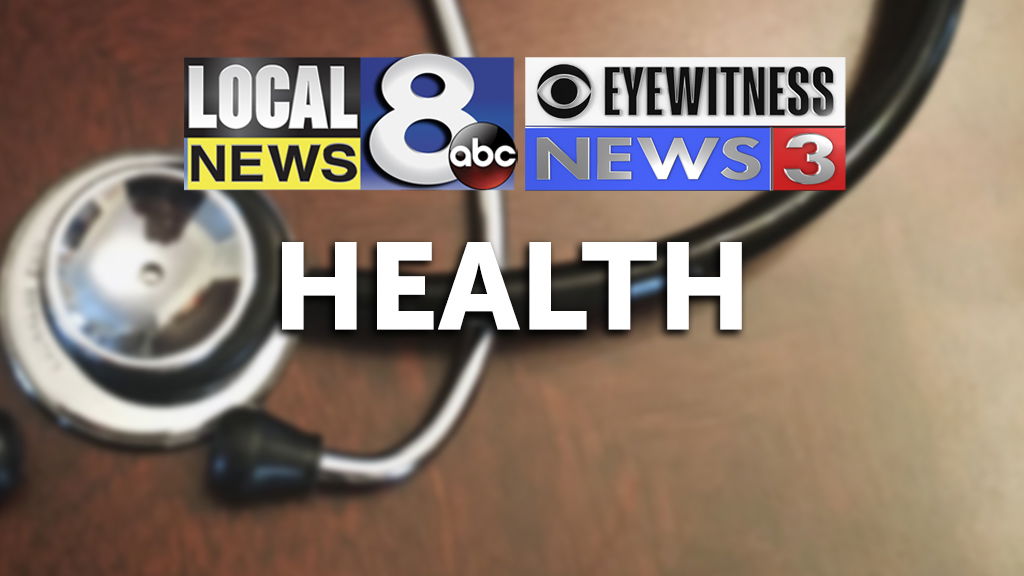Hospitalizations are the lowest they’ve been in nearly 2 months. But US is still in for ‘rough’ coming weeks, expert says

Covid-19 hospitalizations in the US dropped below 100,000 for the first time in nearly two months, according to data from the COVID Tracking Project.
More than 97,000 patients remain hospitalized with the virus — a far cry from the country’s peak of more than 132,400 on January 6. The last time this number fell below 100,000 was December 1.
But while this drop may be a piece of good news, other Covid-19 numbers remain grim: the seven-day average of new cases is roughly about the same it was December 1 — while the average number of daily deaths is more than double what it was then.
“Right now it’s the worst of possible worlds. It’s the winter. It’s getting cold out, people are together more, there’s still a critical number of people in the United States who don’t wear masks, who don’t social distance,” Dr. Paul Offit, a member of the FDA’s vaccine advisory committee, told CNN Saturday. “I think the next six weeks or two months are going to be rough. I think we could have another 100,000, 150,000 deaths.”
According to projections from the University of Washington’s Institute for Health Metrics and Evaluation, nearly 120,000 more Americans could lose their lives to the virus over the next two months.
A rapid variant spread could push that projection even higher. That’s why experts have urged doubling down on safety measures like masks and social distancing and called for accelerated vaccinations across the country.
On Saturday, Maryland became the second state to report a case of a Covid-19 variant first identified in South Africa. And officials with the Centers for Disease Control and Prevention say cases of another variant — first identified in the UK — have been detected in at least 30 states. Experts have said both strains appear to be more transmissible.
29.5 million doses administered
But there’s good reason for hope.
Two vaccines have already gotten the green light for the US market and more could be on their way.
More than 29.5 million vaccine doses have so far been administered nationwide, according to CDC data. About 5.2 million Americans have received both doses of a vaccine.
Hindered by weeks-long allocation and distribution problems, the numbers are lower than where experts once hoped the US would be by now. But health and state officials hope vaccinations will ramp up in the coming months.
In New York, Gov. Andrew Cuomo’s office said Saturday morning the state had administered 91% of the first vaccine doses it received from the federal government and urged for more supply.
“New York’s vast distribution network is capable of handling more than 100,000 vaccinations per day, but to actually do it, we need more doses from the federal government,” Cuomo said in a statement.
The governor previously announced the state will receive 16% more doses for the next three weeks. In his Saturday statement, Cuomo said that while the bump is a “welcome increase, the reality is that we simply need more supply.”
In Washington state, health officials announced more than 10,000 people had been vaccinated at the state’s mass vaccination sites with the help of the state’s National Guard and other partners.
“The goal of mass vaccination sites is to increase access to vaccine across the state, ensure our plans are equitable, and protect those most at risk,” a statement from Washington state’s health department said.
Transit authorities implement CDC guidance
Meanwhile, an order issued by the CDC requiring people to wear masks while using any form of public transportation in the US will go into effect Monday night.
The agency said public transportation operators must use best efforts to enforce the mandate, including only boarding those wearing masks and disembarking passengers who refuse to comply.
Transit authorities across several major US cities and states — including New York, New Jersey, Washington, DC, San Francisco, Chicago and Atlanta — told CNN they are already in compliance.
In Washington, DC, the Washington Metropolitan Area Transit Authority told CNN “face coverings have been required on Metro since May.”
“We welcome any policy that further promotes compliance on Metro and in all public spaces to combat the spread of the virus, and welcome the ability of TSA and other federal authorities to enforce this mandate when appropriate,” a spokesperson said.
In California, a Bay Area Rapid Transit spokesperson said the Bay Area’s public transportation system has had a face covering mandate in place since April.
And in Atlanta, a spokesperson said the Metropolitan Atlanta Rapid Transit Authority began requiring masks in July.
Trying to understand more about the virus
And now more than a year since the world first learned about the virus, a team of World Health Organization investigators examining the origins of the pandemic will head to a seafood wholesale market in Wuhan, China, on Sunday — the market that’s believed to be where the first Covid-19 infections were detected.
The team of experts were released from a two-week quarantine on Thursday, one member told CNN.
The investigation comes about a year after the Chinese city went into lockdown because of the pandemic, and there is skepticism about just how much the team of scientists will be able to uncover.
An earlier report by a WHO team in China, published in February 2020, found that “key knowledge gaps remain” about the virus, though it endorsed previous findings that the virus appeared to have originated in animals, with the likely first outbreak at the seafood market in Wuhan.
